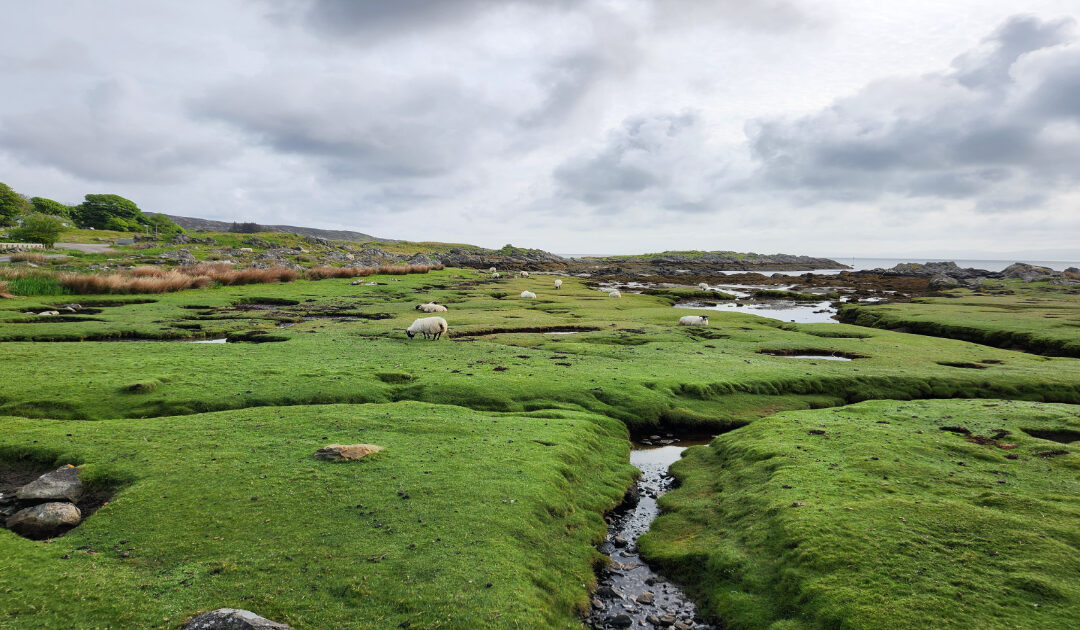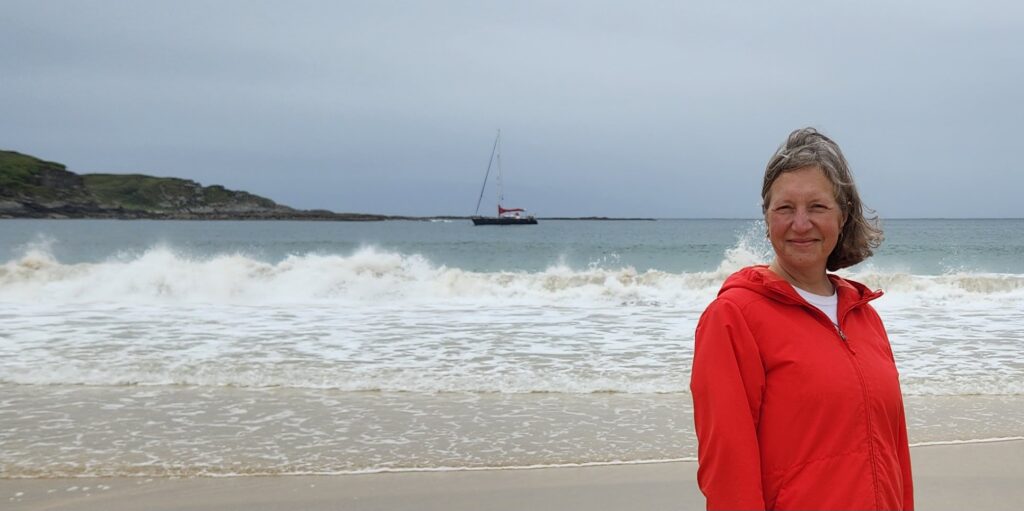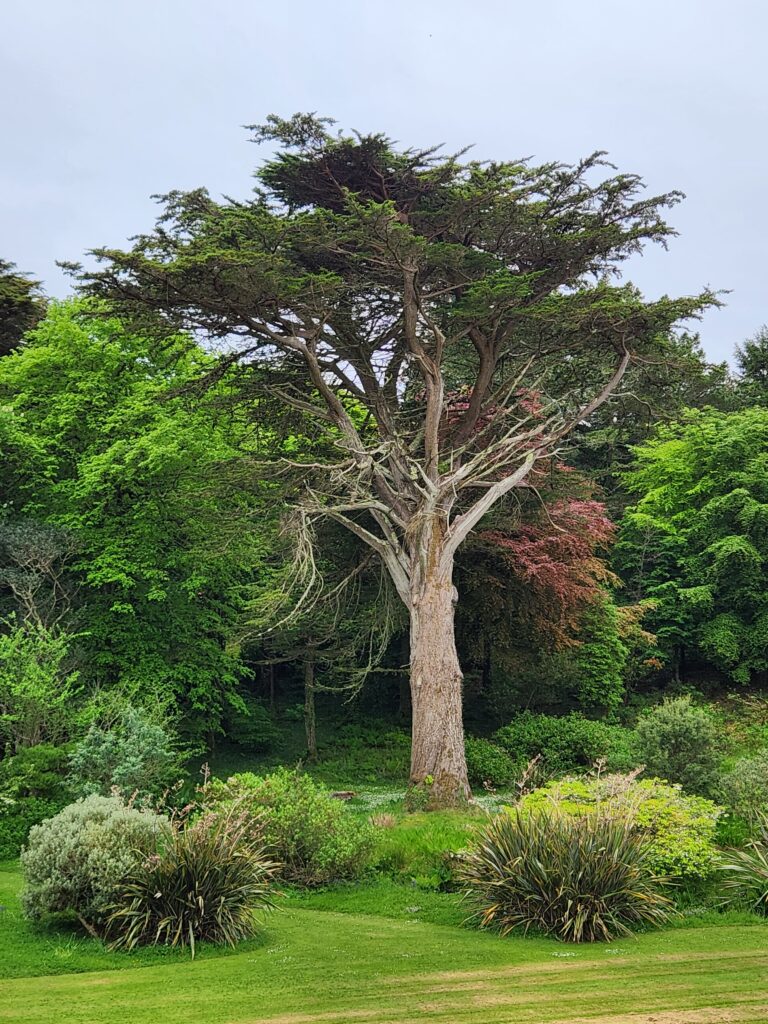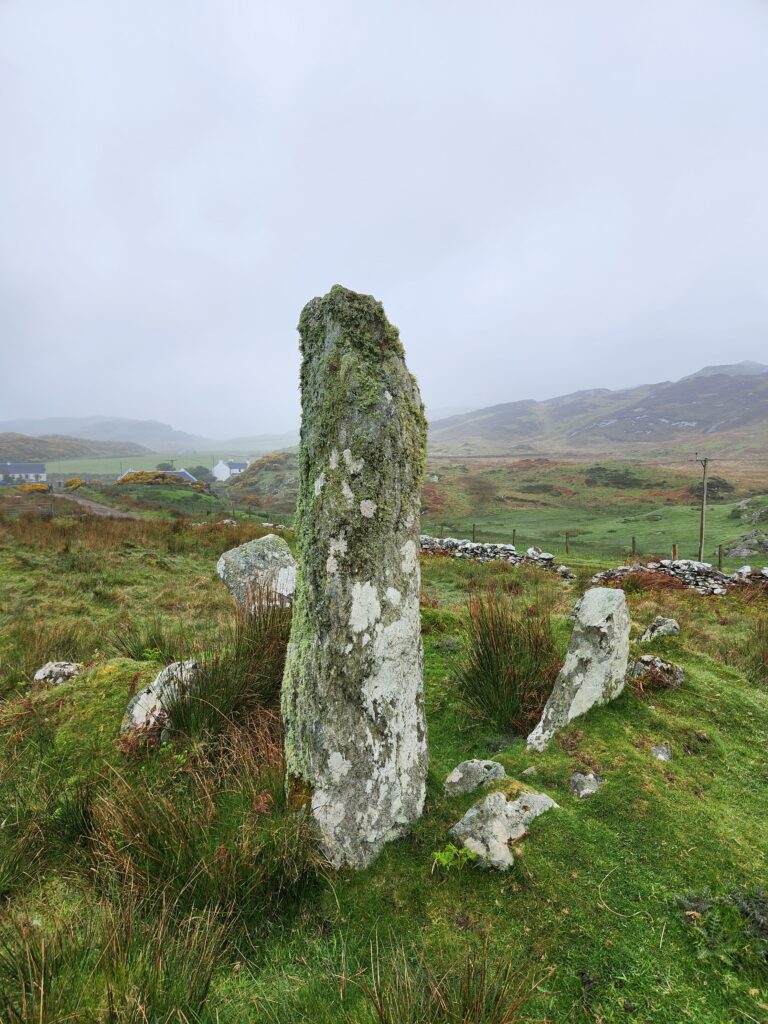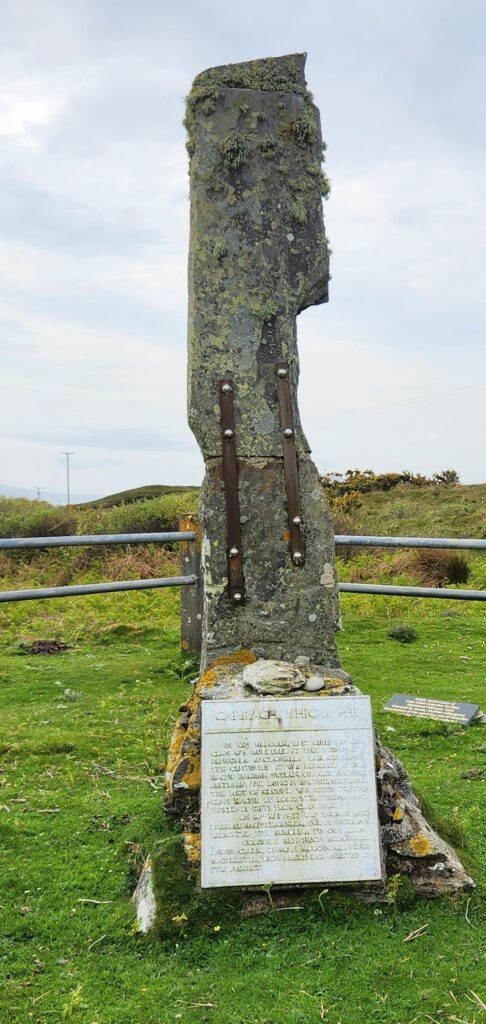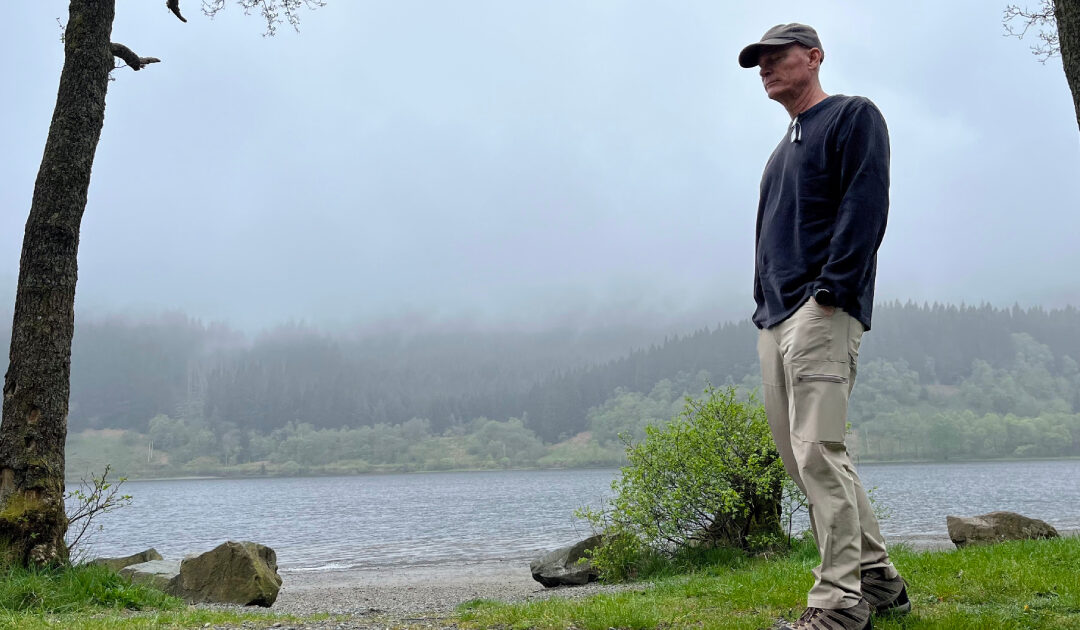
Where’s Your Lonely Place?
When I was a kid, you could buy 40-sheet spiral notebooks on sale for a ridiculous price, like 10 for $1. We always had a stack lying around the house, mostly intended for school use.
I was never a fan. The spiral rings got bent, preventing the pages from turning smoothly. If you tore out a page, there was a strand of perforated leftovers trapped inside the ring. For each page, you had to extract it and walk to the trash can to throw it away. If you waited for several sheets before removing each strand, they got all smashed up in there and ripped into tiny pieces when you tried to carefully remove them.
Even the detached page had all these weird jagged fingers where it had been torn. They seemed to mock my preference for the smooth crisp edges of loose-leaf notebook paper.
They were not for me – except during the summertime.
Free of the shackles of school, my days were my own to roam about. One of my pastimes was to crank the handle of our Boston pencil sharpener as it cut a perfect point on my wooden pencil before opening the cover of one of our spiral notebooks.
It was time to draw, and all I needed was a subject.
Neither my brother, Preston, nor the family dog, Tippy, were good models. They had too many complicated parts and never sat still. Sometimes I tried to draw the furniture in one of our rooms, but that required lots of straight lines and I was never very good at those. My lines were wiggly and curved at the end.
Thus began the process of wandering aimlessly about the house in search of inspiration. I would look at something, then look down at my tablet and imagine what it would look like on the empty page. Nah. Unsatisfied, I carried my hunt to the next possibility. There never seemed to be anything fun to draw.
After minutes of excruciating search, I would lose interest in drawing and move onto something different. Throughout all of my summer vacations I am not sure I ever touched the pencil to the paper more than a handful of times.
I’m not much of a artist.
During the past eighteen months, I’ve written maybe half a dozen blogs. That is infrequent compared to the almost weekly basis before that.
Recently, I’ve had an urge to get back in there and work at it. On several different days I picked up my laptop and sat in my most comfortable chair, ready to write something.
It was time to write and the only thing left was finding a subject. My mind would drift through the things going on in my life. Most of my ideas didn’t seem to be quite right. Occasionally I would just pick something and dive in, but after a few paragraphs I would pause to read my progress. It had as much life as a glass of Coke that had been left on the counter overnight. I deleted everything and went back to my home screen.
Eventually, my laptop began to stare blankly back at me in exactly the same way my spiral notebook had done decades ago. Just like before, I put it down and went to find something more fun to do.
Usually that “something more fun” was in the garage.
I’ve been approaching my writing much the same as I did drawing. If I couldn’t find a just-add-water subject, then I haven’t taken the time in quiet contemplation to figure out why. After all, I’ve been busy.
In the time since my writing paused, I have built countless items for people. I have zero regrets. No matter how difficult any project has been, it remains my firm belief that God was using it as part of a greater plan.
Convinced that it has been my calling, I have thrown myself completely into it. No amount of effort, organization, money, imagination, or pain could keep me away.
After losing the last joint of my index finger in a table saw accident, I literally began working one-handed as soon as I could stop taking prescription pain meds (less than a week). At night, I have dreamt about intricacies of whatever I was working on. I have set up web sites, bank accounts, a fully-stocked woodshop, an in-house store, and so many other things in a brief time that most people would find it difficult to believe.
I have spent almost two years living out Colossians 3:23, and I have loved it.
“Whatever you do, work at it with all your heart, as working for the Lord“
But if I was working with all my heart, how come my heart keeps getting called back to writing? Why do I keep returning to my laptop and staring at an empty screen? Can’t I be fulfilled by a divine calling? How come I have to have more?
I think the answer lies in the Gospel of Luke, chapter 5. Jesus’ ministry was just taking off. He had recruited his own team, found his voice as a teacher, and begun a healing ministry that had the entire countryside abuzz. Crowds of people were coming to him and then following him from place to place. He was watching the Kingdom of God come to a chosen people.
He must have been excited beyond words. At night, maybe he dreamt about his next message or about the next person he would heal. I bet he jumped out of his bed each morning ready to continue his ministry.
However, the verse 16 seems like a contradiction to his energy and momentum. After 30 years, things were finally starting to pop. So what did he do?
But Jesus often withdrew to lonely places and prayed.
Luke almost sounds surprised by the response. The word “but” implies that Luke thought withdrawing to lonely places was a contradiction to his ministry, like it was slowing him down.
My guess is that Luke expected to write something more like. “Jesus often got up thirty minutes early to read scriptures and pray.”
Do you know how long Jesus must have been absent for Luke to say that he withdrew to a lonely place? In the next chapter he tells us about one example when Jesus was gone all night.
I believe that I know what Jesus prayed about all night. After all, Hebrews 4:15 says that he was “tempted in every way, just as we are.” If he was facing the same difficulties as we do, then we can probably guess what was on his mind. What would trouble you as your ministry took off?
He was challenging himself, ensuring that humility and love triumphed over pride and preference. He discussed with the Father where he should go and what he should talk to the crowds about. He studied his own heart to see if any cracks were developing between him and God. And he listened.
Jesus probably wrote some of his most famous parables in those lonely places. He poured over and over the words, making sure they captured eternal truth without including unnecessary additions. You can imagine him trying to work out the details of the different kinds of seed (Matthew 13). If he struggled with the same things as us, then he must have struggled to get each parable perfect.
At some point, he had to practice saying the parable out loud to ensure he wouldn’t leave parts out, but also validating that the truth rang out.
Those are the same things I do when writing my blogs. They are my prayer of sorts that I share with the world.
Even though I spend time in scripture and prayer each day, my heart has missed the hours at a time I spend writing. My short prayers every day occasionally fall short of their potential. They aren’t wrong, but they are incomplete. God had a lot more for us to work through than could be done before the end of my cup of coffee.
Caught up in my ministry of actvity, I had begun to slot God into a few, prime timeslots instead of occasionally offering him my whole day. The tugging at my heart to start writing has been his way of saying that we need more time together.
It is hard to surrender my time to God, since he won’t tell me how much he wants first. When I do, it is frustrating to spend an hour pouring out what is on my mind only to hear him whisper that it needs more work.
Each time I write something down, it is like turning to God to say “Did I get it right this time?” and he frequently says “Nope. Not yet. Keep trying.”
In the case of this blog, it took three times before he smiled and I could feel his peace.
Lately, I haven’t been withdrawing to lonely places very often. My head said that I was doing the Lord’s work. My heart has been suggesting something different. It is time to start listening to my heart again and spend more time Making Waves.
It is hard to find balance in it all. It is easy to run to one side and spend all my time “working with all my heart”. It is also easy to run all the way to the other side and move into a lonely place with him where I can’t fulfill my divine purpose.
Perhaps the answer will come one day at a time rather than following a formula.
The urge will unexpectedly stir to sit down in a quiet place and process what He is trying to put on my heart. I need to drop everything when that happens. At other times, someone will reach out and ask for help building something special. Then it is time to go to work.
This blog has given me joy as I enjoyed the hours away from the fray, listening and contemplating.
I hope you find and enjoy your lonely place also.
